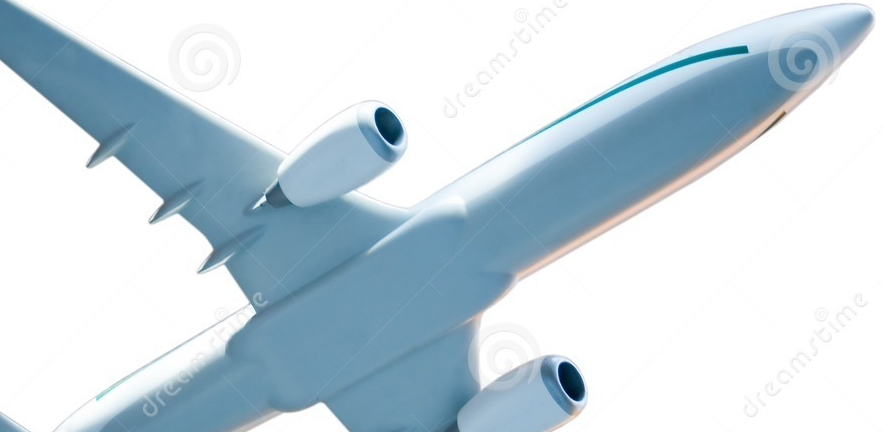
From the Nature website for the journal:
“Launched in January 2018, Nature Sustainability is an online-only monthly journal publishing the best research about sustainability from the natural and social sciences, as well as from the fields of engineering and policy.
Nature Sustainability will publish significant original research from a broad range of natural, social and engineering fields about sustainability, its policy dimensions and possible solutions. Understanding how to ensure the well-being of current and future generations within the limits of the natural world is the overarching goal of sustainability research.
“Decades of academic work have helped to shed light on this crucial issue, but only recently in a more open and joined-up way across different research fields. There is now a much stronger call for integrated knowledge about the Earth, social and technological systems and their interfaces, particularly from outside academia as shown by the global Sustainable Development Goals agenda promoted by the United Nations. Against this backdrop, researchers will find even stronger support to develop a deep understanding of those interactions and find answers to questions like:
- How extreme are the impacts of human actions on the natural environment and what are their implications for the continuation of life on Earth?
- Are there long-term solutions to environmental crises and of what kind?
- To what extent are environmental and human crises connected?
- Why do social inequalities and human suffering persist across the globe?
- How do we measure environmental and human well-being and track progress of policies and interventions to ensure it?
- What kinds of behavioural and institutional barrier inhibit the transformations needed to achieve more sustainable lifestyles, economies and societies more broadly?
“Nature Sustainability will cover topics including agriculture and food security, biodiversity conservation, circular economy, cities and urbanisation, climate change in holistic context, development, ecosystem services, education, energy, environmental behaviour, environmental degradation, environmental law, green infrastructure, health and environment, human population, innovation, land use and land use change, natural capital, natural resources management, policy, pollution, poverty, supply chain, waste, water–energy–food and water-soil-waste connections and others, all as related to sustainability.”
Now available to the University of Cambridge electronically from volume 1 (2018) to present.
Access Nature Sustainability via the Journal Search or from the iDiscover record.
Image credit: “_5133315” by Elton One on Flickr – https://flic.kr/p/4RsK9b
 From the Nature website for the journal:
From the Nature website for the journal:





